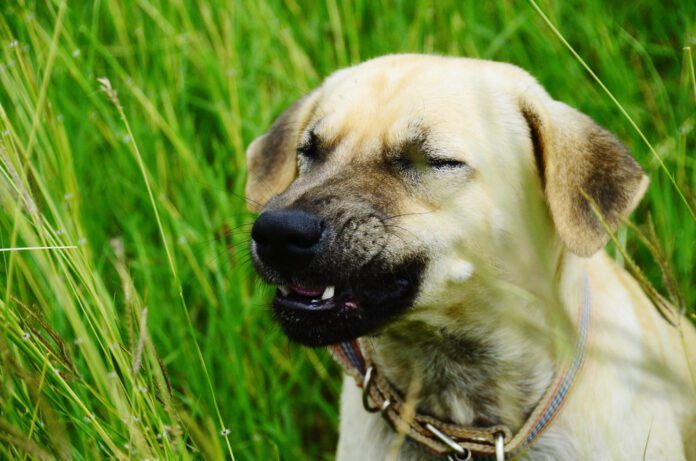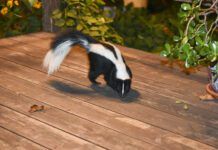Nasal polyps in dogs are growths that often develop due to chronic rhinitis, which is inflammation of the lining of the nose. These pink growths consist of fluid and connective tissue. Although nasal polyps are not common in dogs, compared to cats, male dogs have a slightly higher risk.
Symptoms of Polyps
- A pinkish growth in the moist tissues of the nose/throat that may not be visible, except possibly near the nostrils
- Discharge from one or both nostrils (may be bloody)
- Increased sneezing
- Obstructed, difficult, or noisy breathing
Dogs tend to have a single polyp but can have more than one. Diagnosis is generally done via endoscopy/rhinoscopy or radiographs. A CT gives a clear diagnosis but is not always needed.
Causes of Nasal Polyps
- Exposure to environmental irritants, such as cigarette smoke and air pollution
- Genetic predisposition
- Chronic inflammation to the nasal tissues (rhinitis)
Are Polyps Cancer?
Canine nasal polyps tend to be benign, or noncancerous. However, dog nasal polyps frequently occur with nasal carcinoma, according to a study from the University of Pennsylvania published November 2019 in Veterinary Pathology.
Treatment
Treatment is most successful with surgery. Endoscopic debulking, which is removing as much of the tumor as possible, possibly with a laser, is an option. A biopsy should be done on the tissue. Radiation has been used for a few cases. Medical treatment is generally steroids, but that’s not especially effective, compared to debulking (see study published July 2021 in The Canadian Veterinary Journal).
Recurrence is possible with any treatment and more likely if your dog has multiple polyps.
Warning: Natural Treatments for Nasal Polyps
There is currently no safe, effective natural treatment for nasal polyps in dogs. In humans, various essential oils have been tried but success is varied. Some of these oils can be toxic to dogs, so it’s best to avoid them.





